Protect Your Eyes with Regular Eye Exams
Protecting your eyes is crucial, as we rely on them every day. Regular eye exams are the best way to safeguard your vision and detect potential issues early.
At IndividualEyes, we offer comprehensive eye exams that include advanced diagnostic technology to identify eye diseases in their early stages. Early detection can make all the difference, as an eye disease diagnosis doesn’t necessarily mean vision loss.
If diagnosed with an eye disease, our expert vision doctors near you in Bolton & Richmond Hill will work with you to monitor your condition and create a personalized treatment plan, helping to prevent further vision impairment.
Make IndividualEyes part of your healthcare team and take control of your family’s eye health. Call us today to book an eye exam near you.
Your eyes are essential to your daily life, which is why it’s crucial to protect them with regular eye exams. At IndividualEyes, we offer comprehensive eye exams, including advanced eye disease testing, to detect and diagnose any potential issues early on.
With our state-of-the-art diagnostic technology, we can identify eye diseases in their early stages, helping to prevent vision loss. Even if you’re diagnosed with an eye disease, our vision doctors near you will collaborate with you to closely monitor your condition and create a personalized treatment plan to preserve your vision.
Add IndividualEyes to your healthcare team and ensure the long-term health of your eyes and your family’s. Schedule your eye exam near you today – call us to book your appointment!
Common Eye Diseases
Common Eye Diseases and Their Impact on Vision
In Canada, eye diseases are the leading causes of blindness. Some of the most common eye diseases include:
Cataracts
Glaucoma
Age-related macular degeneration
Many of these conditions progress without noticeable symptoms. This means that even if your vision seems stable and your eyes feel fine, regular eye exams are essential. Eye exams are designed to detect early signs of eye diseases, helping to prevent any long-term damage to your vision.
At IndividualEyes, your eye health is our top priority. That’s why we include comprehensive testing for all common eye diseases in every eye exam. Don’t wait for symptoms to appear, schedule your eye exam near you today and ensure your eyes stay healthy for years to come.
Cataracts
Cataracts are the clouding of the eye’s natural lens. They’re generally a natural part of aging, although some cataracts occur at birth or after an injury. Cataracts form when the proteins in the lens start to clump together, forming opaque areas that can lead to vision loss.
Mild cataracts can usually be corrected with glasses or contact lenses. But if your eyewear no longer helps and your cataracts start to impact your quality of life, they can be surgically removed.
Nearly everyone will get cataracts at some point, and there’s no known way to prevent them. However, you may be able to help slow their growth by wearing sunglasses when outdoors and eating antioxidant-rich foods.
Age-Related Macular Degeneration
Age-related macular degeneration (AMD) occurs when the macula (the part of the eye responsible for sharp central vision) slowly wears out over time. As the name suggests, it’s generally age-related and primarily affects those over 55.
There are 2 types of AMD:
- Dry AMD is the more common form and is responsible for 90% of AMD cases. It’s associated with drusen deposits under the retina, which contribute to the slow breakdown of the macula.
- Wet AMD accounts for 10% of AMD cases, but results in 90% of the cases of legal blindness due to AMD. It’s associated with abnormal blood vessel growth behind the macula. These blood vessels are weak and easily break and leak blood and fluid into the macula. Wet AMD is a medical emergency and requires immediate attention.
You may be able to prevent AMD by wearing UV protection (such as sunglasses), eating a diet rich in antioxidants, and living a healthy lifestyle by keeping your blood pressure down and not smoking.
Glaucoma
Glaucoma is a group of several eye diseases that progressively damage the optic nerve. Since the optic nerve is responsible for relaying visual information from your eyes to your brain, damage to it can lead to irreversible vision loss and blindness.
Glaucoma usually progresses painlessly and silently and is often associated with elevated internal eye pressure. The exact cause of glaucoma is unknown, but regular eye exams can help prevent it.
At IndividualEyes, we use non-contact tonometry (the “air puff test”) and applanation tonometry to uncover early warning signs of glaucoma.

Treating Eye Diseases with Compassionate Care
An eye disease diagnosis can be overwhelming and life-changing, but at IndividualEyes, we are here to support you every step of the way. Our vision doctors near you stay current on the latest treatment practices, ensuring you receive the most effective solutions to protect and preserve your eye health.
We tailor our treatment plans to your specific diagnosis and eye care needs, which may include nutrition counselling, prescription medications, vision therapy and exercises, or surgery.
If you’ve been diagnosed with an eye disease, trust our compassionate team to guide you through the process. Whether you need advice or treatment, we are here to help. Call us today to schedule an appointment with an optometrist near you, and let us become an essential part of your healthcare team.
We understand that an eye disease diagnosis can be overwhelming and life-changing. That’s why at IndividualEyes, we stay up to date on the latest treatment practices to offer the most effective solutions for protecting your eye health. Our optometrists near you in Richmond Hill and Bolton, tailor treatment plans specifically to your diagnosis and unique eye care needs.
Our treatments may include nutrition counseling, prescription medications, vision therapy and exercises, or even surgery, depending on what’s best for you.
If you’ve been diagnosed with an eye disease, rest assured that our compassionate team is here to guide and support you every step of the way. Book an eye exam today and let us become a vital part of your healthcare team. Call us now to schedule your appointment.
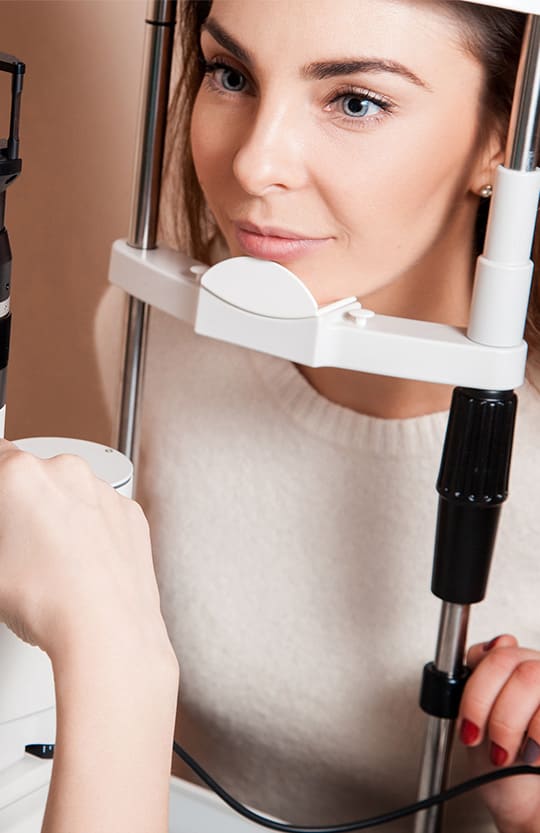
Our Locations
Richmond Hill
Come by our beautiful Richmond Hill location on Tower Hill Road just down from William Neal Community Park. We’re right between Tower Hill-Bathurst Animal Hospital and Aviva Nails, and there’s lots of parking available.
- 9-372 Tower Hill Road
- Richmond Hill, ON L4E 0T8
Our Hours
- Monday: 9:00 AM – 6:00 PM
- Tuesday: 9:00 AM – 6:00 PM
- Wednesday: CLOSED
- Thursday: 9:30 AM – 6:00 PM
- Friday: 9:00 AM – 6:00 PM
- Saturday: 8:00 AM – 1:00 PM
- Sunday: CLOSED
Bolton
Come visit us at our new office relocated on the 2nd floor of the Bolton Professional Building, turning into Martha Street off Highway 50. We are right behind the Petro-Canada gas station and there’s lots of parking available.
- 30 Martha Street, Unit 203
- Bolton, ON L7E 5V1
Our Hours
- Monday: 9:00 AM – 6:00 PM
- Tuesday: 9:00 AM – 6:00 PM
- Wednesday: 9:00 AM – 6:00 PM
- Thursday: 9:30 AM – 6:00 PM
- Friday: 9:00 AM – 6:00 PM
- Saturday: CLOSED
- Sunday: CLOSED


Our Services
Our Brands





Our Google Reviews

Our Gallery

Our Blog
What to Expect During a Basic Eye Exam: A Step-by-Step Guide
Eye ConditionsEye ExamsShould You Get Glasses or Contacts? What Eye Care Professionals Want You to Know
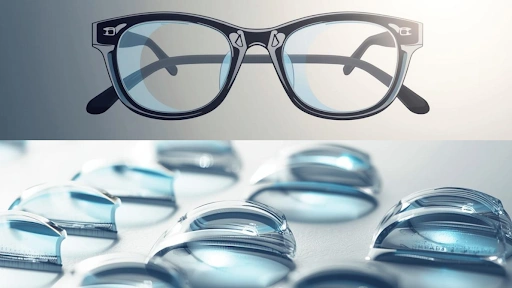
Choosing between eyeglasses and contact lenses is one of the most common questions patients ask during eye exams. While both options correct vision effectively, the right choice depends on your lifestyle, comfort preferences, and specific vision needs. At IndividualEyes, serving Bolton and Richmond Hill, we help patients navigate this decision every day. Here’s what eye […]
Dry Eyes: Understanding the Causes, Symptoms, and Finding Effective Relief from Your Eye Doctor

Dry, irritated eyes can affect your comfort, vision, and daily life. Discover the causes of dry eye syndrome and effective, personalized treatments from trusted optometrists in Bolton and Richmond Hill. […]
What to Expect During a Basic Eye Exam: A Step-by-Step Guide

Walking into an optometry office for the first time can feel a bit mysterious. You know you’ll be sitting in that iconic chair and looking at letters on a chart, but what else happens during a comprehensive eye exam? Whether you’re due for your annual checkup or experiencing vision changes, understanding what to expect can […]
FAQ’s
What are the common eye diseases that optometrists screen for during an eye exam?
During a comprehensive eye exam, our optometrists screen for common eye diseases such as cataracts, glaucoma, age-related macular degeneration, and diabetic retinopathy. Early detection is key to protecting your vision.
Why should I schedule an eye exam even if my vision seems fine?
Many eye diseases progress without noticeable symptoms. Regular eye exams help detect early signs of conditions that may affect your vision in the future, ensuring early intervention and better outcomes.
How can an optometrist help if I’m diagnosed with an eye disease?
If diagnosed with an eye disease, our vision doctors near you will create a personalized treatment plan based on your diagnosis. Treatments may include medications, vision therapy, nutrition counseling, or even surgery, depending on your needs.
How often should I have an eye exam to detect eye diseases early?
It’s recommended to have an eye exam near you every one to two years, depending on your age, health, and risk factors. Regular eye exams are vital in detecting eye diseases before they cause irreversible damage.
Can eye disease treatments prevent vision loss?
Why are regular eye exams important for detecting eye diseases?
Regular eye exams are essential for detecting eye diseases early, often before symptoms occur. Conditions such as glaucoma, macular degeneration, and diabetic retinopathy can be detected through a routine eye exam near you. Seeing an optometrist regularly helps prevent serious vision loss and ensures the health of your eyes.
How can an optometrist near me help detect and manage eye diseases?
An optometrist can help diagnose and monitor eye diseases through comprehensive eye exams and advanced diagnostic technology. Whether it’s managing conditions like glaucoma or recommending solutions, an experienced vision doctor will create a tailored treatment plan for you.
What treatments are available for managing eye diseases?
Treatment for eye diseases can vary depending on your specific diagnosis. Common treatments may include medications, vision therapy, or surgery. Your eye doctor will discuss options based on the results of your eye exams, ensuring personalized care for your needs.
How often should I schedule an eye exam to protect my vision?
It is recommended to schedule eye exams every one to two years, or more often if you have risk factors like a family history of eye disease. A vision doctor will use eye exams to detect any issues early, helping to preserve your vision and overall eye health.
Do you offer sunglasses as part of your eye care services?
Yes, we offer a wide selection of stylish and protective sunglasses . These sunglasses are designed to protect your eyes from harmful UV rays, complementing the care and advice you receive during your eye exams.


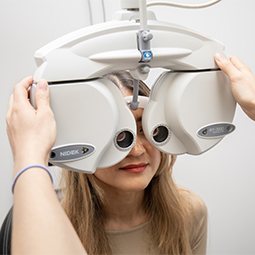

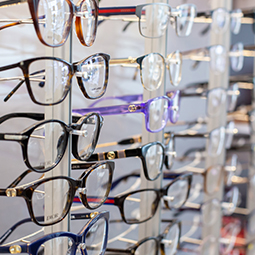
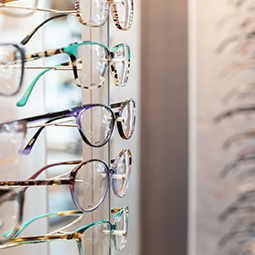
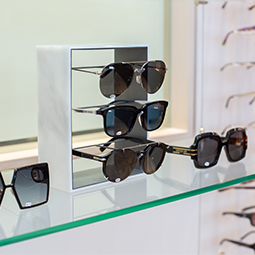
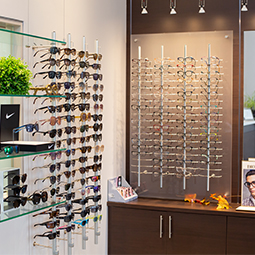


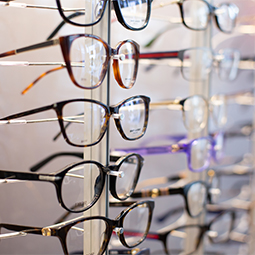
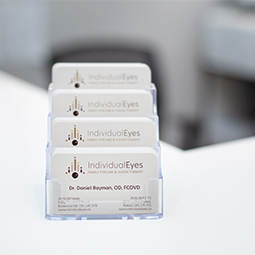
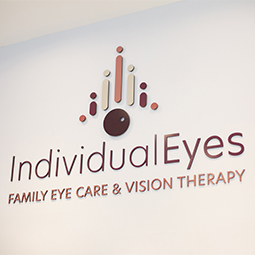



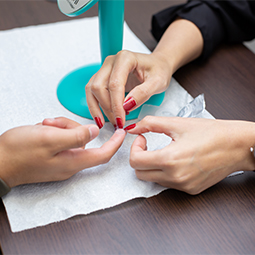
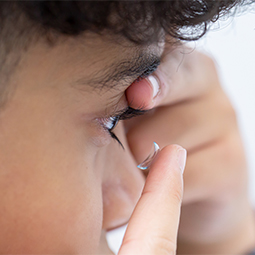
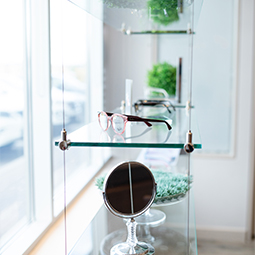
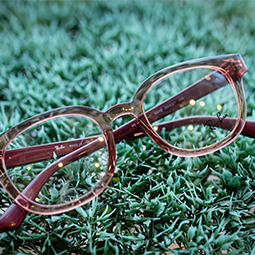


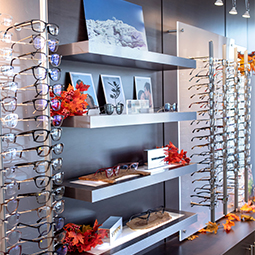

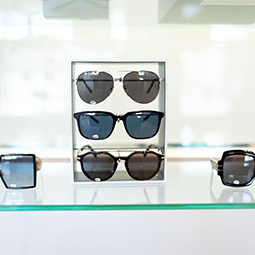
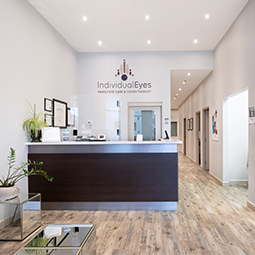


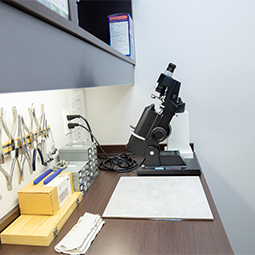
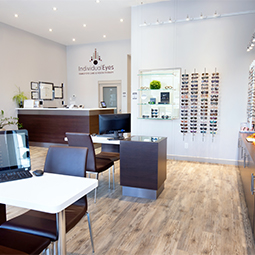
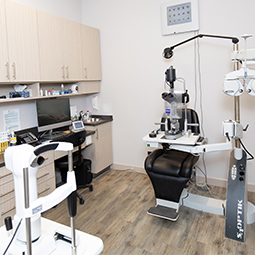
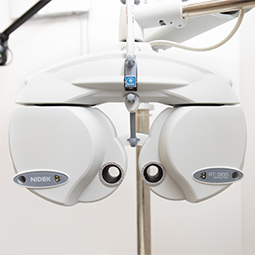
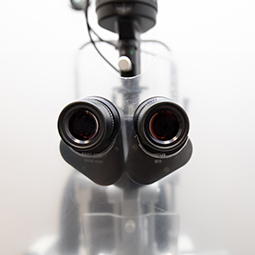
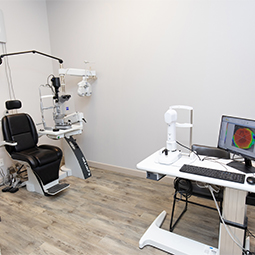
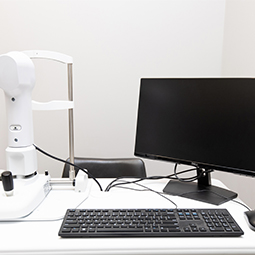

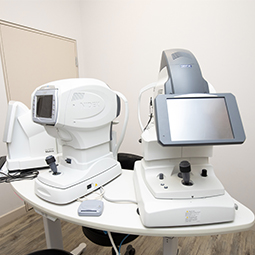
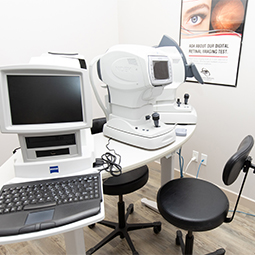
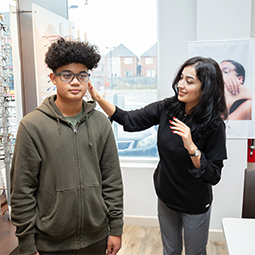
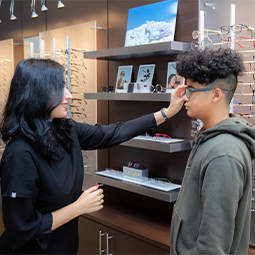
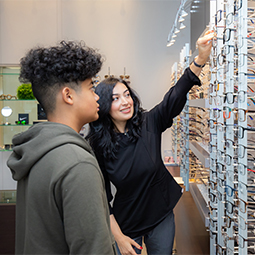

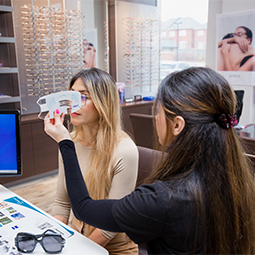
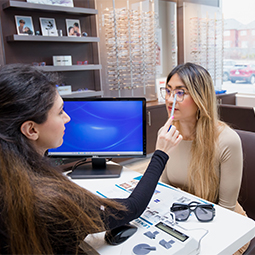
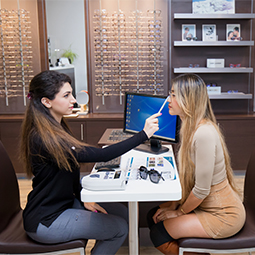
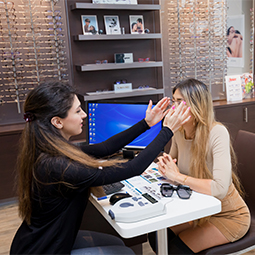
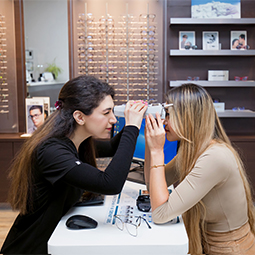
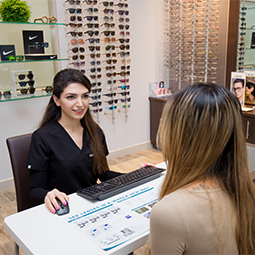
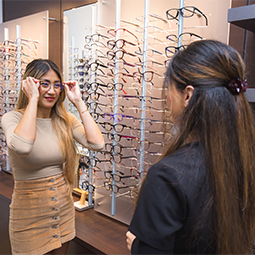
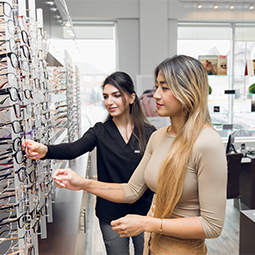
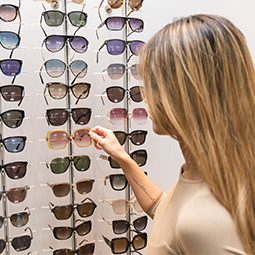
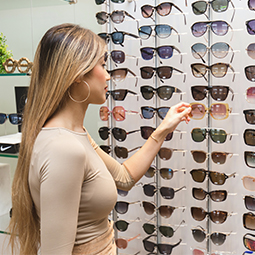
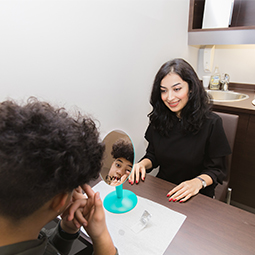
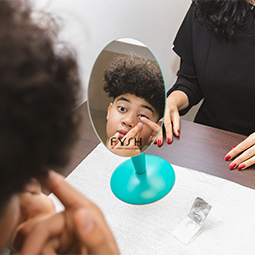

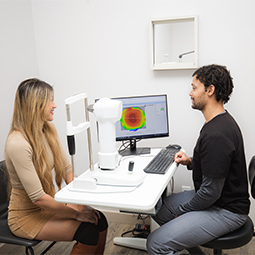
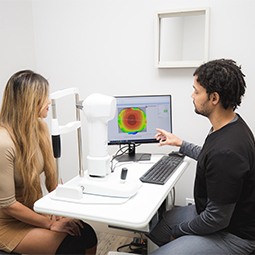
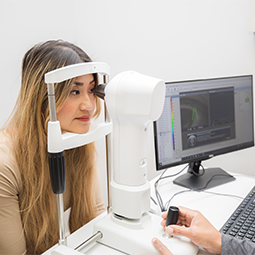
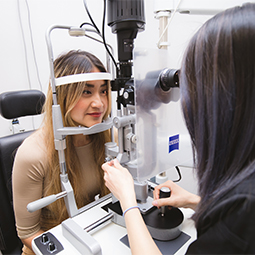
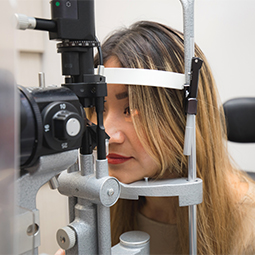
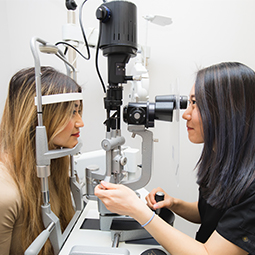
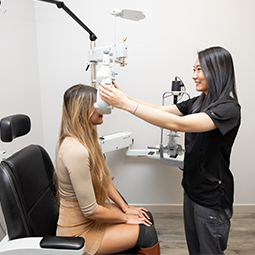
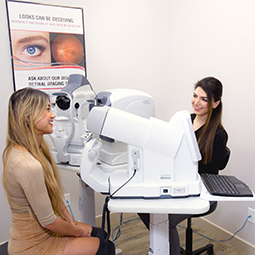
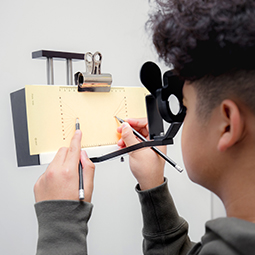
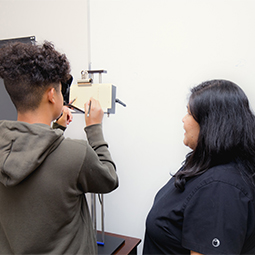
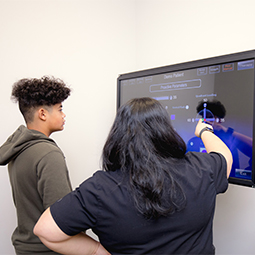
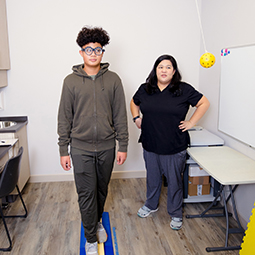

Yes, early diagnosis and appropriate treatments, guided by an optometrist near you, can help manage many eye diseases and prevent vision loss. Our team works with you to monitor your condition and develop a treatment plan that suits your unique needs.